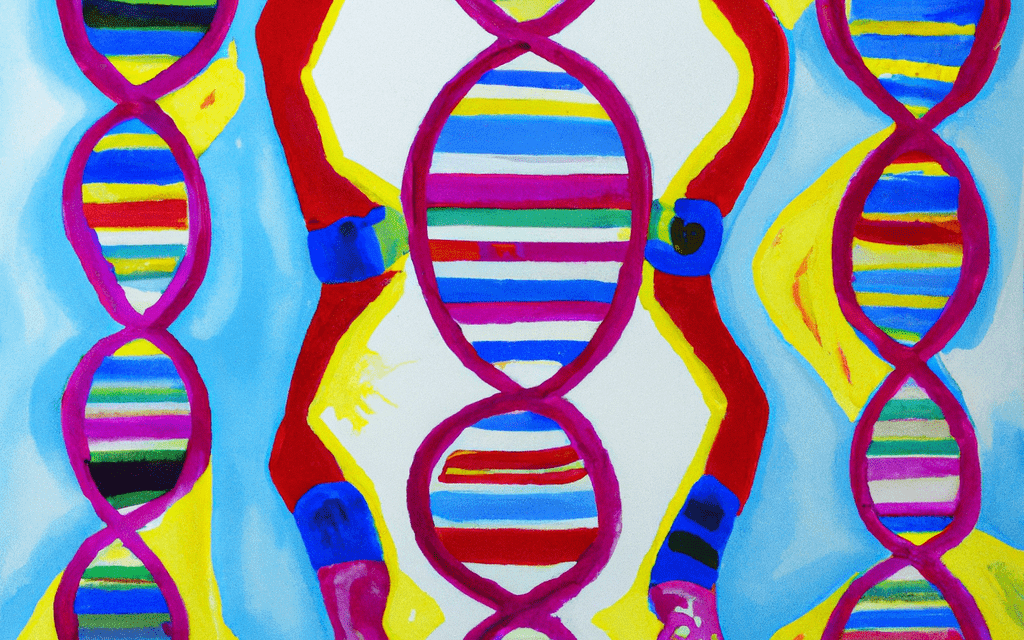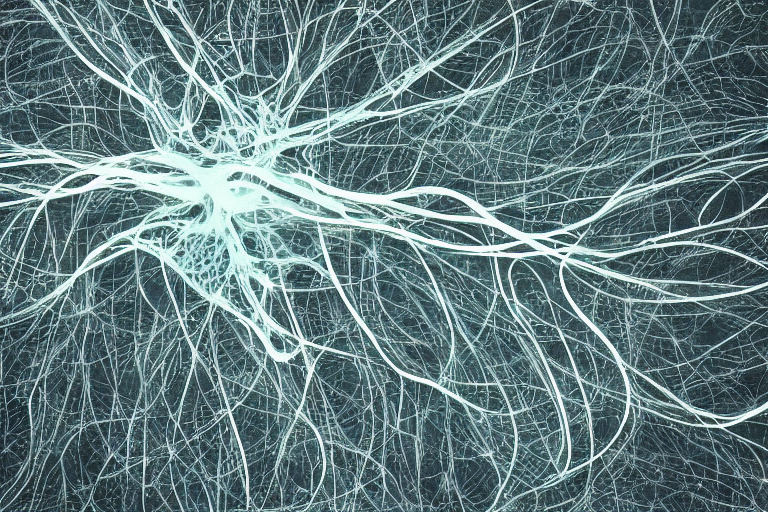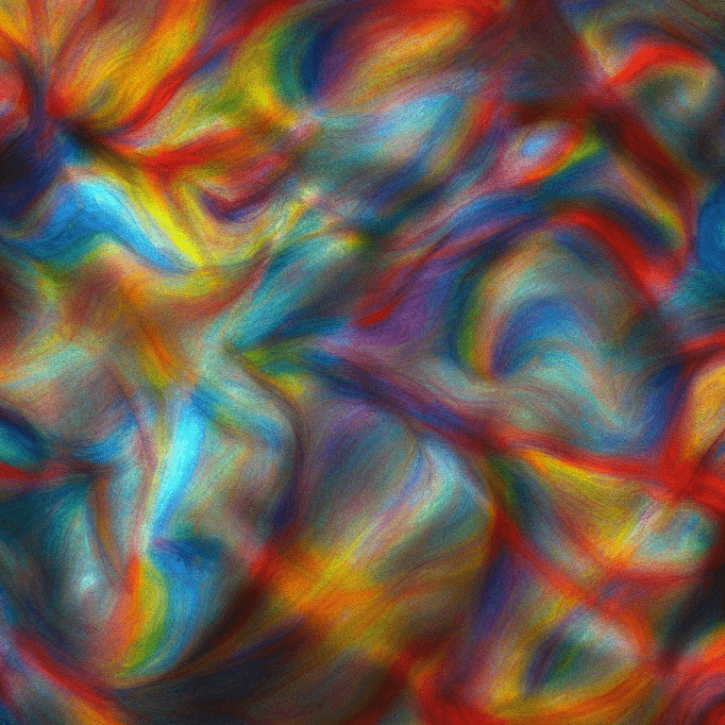Recently, the National Institute for Combating Drug Abuse and the National Institute for Combating Alcohol Abuse raised the issue of the term “preaddiction”, which allegedly can help identify and prevent the use of harmful substances at earlier stages. For me, and not only for me, this proposal caused an alarming excitement. Now I’ll tell you why.
Preaddiction is a predisposition?

Predisposition. One of the medical terms that can be useful in diagnosis, treatment, statistics, and scientific research. By predisposition, I mean the state of the organism, which causes the development of pathology in this organism with a higher probability.
Sometimes the probability of developing a pathology to which the body has a predisposition can reach one hundred percent. Let’s recall for example any genetic disease associated with a serious mutation of chromosomes. For example, by deletion. Everything is simple here.
However, when predisposition only increases the likelihood of the disease, the possibility of using this term is sharply reduced. And if we add to these rather vague clinical manifestations and colossally variable scenarios for the development of pathology, then the concept of predisposition begins to crack at the seams. In addictology, this is exactly what happens.
On the one hand, we have a very serious and complex problem, the causes of which lie in a huge range of conditions, from the work of elements of brain neurochemistry and hormones to the cultural, religious and economic strata of society. In the article Addiction Predisposition, I talked about how these factors can influence the development of addiction.
On the other hand, we have a predisposition or pre-addiction, if we are talking about addiction. Another add-on for doctors, scientists and officials, which seems to me quite abstract if used according to generally accepted norms with the current level of knowledge and to solve our problem.
What bothers me the most about preaddiction

I will list the points that bother me the most.
- Abstractness. We don’t have a clear definition of preaddiction. Moreover, it seems to me impossible to create a universal definition for this term that will cover all exogenous substances and types of addictive behavior. Provided that we don’t find some exact etymological trigger, like the addiction gene and so on. Research in this direction is being conducted, but so far there are no results. Yes, and this is too complex a system gap, as I noted above
- Stigma and self-stigmatization. Using the term preaddiction may be and will be useful for health systems and science, but what good is it to people by and large? Tuning into a more pessimistic mood, I see that the term predaddiction can be used to label from the outside and, more scary, by a person themself.
Just listen, in my opinion, these phrases sound quite realistic and frighten me a lot:- “Yes, he has a predaddiction, what can I take from him?”
- I have a predaddiction – I can’t do it any other way!”
- She has a predaddiction – we can’t do anything else.”
- The wrong way. The very introduction of such a term at the official level, in questionnaires, recommendations, diagnostic criteria and other works, seems to me an attempt to reduce dependencies to something like diabetes, anemia or gastritis. All of these diseases may have a predisposition and for some it is calculated very accurately thanks to modern medicine. However, addiction seems to me to be a more complex pathology. Without begging for the complexity and problems with these diseases, I just want to convey the idea that we know much less about the etiological factors and pathogenesis of addiction today than about many other diseases. And the introduction of a term that is closer to more physiological, if I may say so, pathologies, will equate dependence to them in the eyes of doctors, scientists and officials. And this is far from the case today. And this can give us a false direction in development.
Can the term Preaddiction be useful?

The introduction and use of the term preaddiction can have positive effects, of course. Under certain conditions:
- Reliably known, scientifically based etiology and pathogenesis of addiction.
- Identified reliably and statistically determined predisposition agent for each substance, culture and society. You can add an individual here, but this complicates the task.
- The vector of work and use of the term for the maintenance, treatment and comfort of people to a greater extent than for the convenience of health systems and the scientific sphere.
- The consensus among health systems on the above points at the level of DSM-5 and ICD 11.
Preaddiction is a degree, a level, a state

I quite rarely, but still use the term as a designation of the stage, the current state of the individual. Situations when a person already has a set of patterns, symptoms and problems characteristic of addiction, but a full-fledged pathological condition cannot be stated for sure. There can be many reasons for this: from the personality of a particular person and their living environment to the substances or addictive practices that they encounter.
At the same time, this term seems to me purely mental-theoretical-medical. In the sense that it can help to systematize thoughts, explain the situation and mark the starting point. But this in no way can explain the causal relationship or, moreover, serve as an etymological justification for the current situation.
This is how I define preaddiction for myself at the current stage of my experience and the data I know. And that’s how I use this term in my practice.
To learn more, as well as to get acquainted with another professional opinion, I strongly recommend reading to everyone interested the article Adopting the term ‘preaddiction’ would be a serious mistake by Cassandra L. Boness, a licensed clinical psychologist and research assistant professor at the University of New Mexico Center on Alcohol, Substance use, And Addictions.
✔️
This marks the finish of today’s session. It is my hope that this piece was enlightening.
If you desire to advance the growth of this blog, I suggest the following actions:
- Subscribe to our social networks.
- Circulate a link to this article among your associates.
- Give recognition to this blog on relevant platforms or discussion groups.
Should you identify any necessary additions or corrections in this article, feel free to initiate a dialogue with me via Contact Form. I am always open to communication.
I appreciate your valuable time and consideration 👨⚕️




